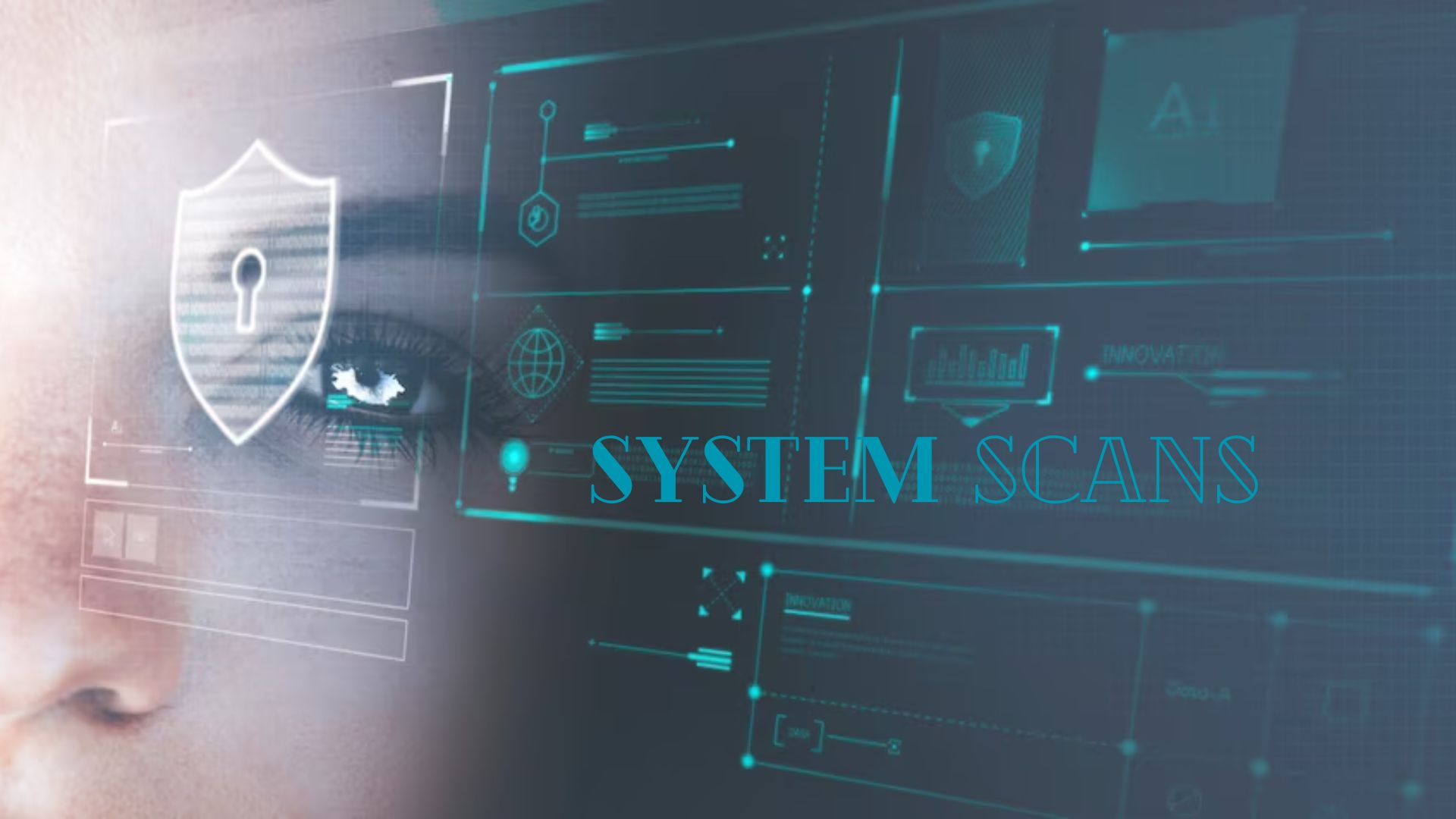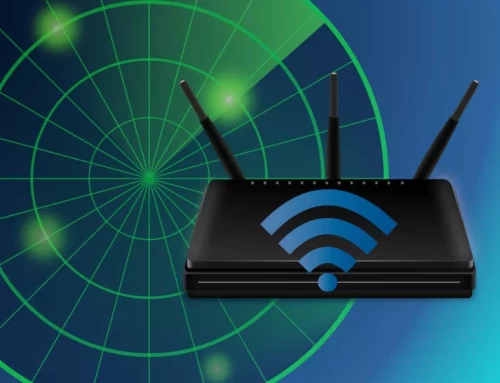System Scans
Securing our computer systems is crucial in the connected digital world of today, where cyber threats are constantly changing. Regular system scans are a practical way to ensure the safety and effectiveness of our systems. These scans are essential for locating and eliminating potential malware, vulnerabilities, and performance problems. We will examine the value of SS in this article as well as their various types and advantages.
Understanding System Scans:
System scanning is the process of inspecting a computer system’s hardware, software, and configurations to find any anomalies, weaknesses, or undesirable components. These scans use specialised software tools to carefully inspect files, programmes, preferences, and network connections.
Types of System Scans:
Antivirus software performs scans to find and get rid of harmful programmes like viruses, worms, Trojan horses, and ransomware. With the help of a database of known malware signatures and behaviour patterns, these scans compare files and programmes.
- b) Malware Scans: Similar to antivirus scans, malware scans target a broader range of malicious software, such as spyware, adware, keyloggers, and rootkits, in addition to traditional virus detection.
- c) Vulnerability Scans: Vulnerability scans find flaws in software, system setups, or network infrastructure that may be exploited by intruders. These scans assist in locating the security updates and patches required to defend against well-known vulnerabilities.
- d) Performance Scans: Performance scans examine variables like CPU usage, memory usage, disc health, and network speed to gauge system performance. They aid in locating bottlenecks and regions that need system optimisation.
Benefits : a) Improved Security: By regularly scanning your system for malware and removing it, you lower your risk of data breaches, identity theft, and unauthorised access to private data.
This enable the early detection of potential threats, enabling prompt action to stop any further harm. Organisations can keep up with attackers by proactively identifying vulnerabilities.
- c) Better Performance: Performance scans assist in locating problems that might affect the speed and effectiveness of the system. Organisations can ensure smooth operations and prevent productivity slowdowns by optimising system resources.
- d) Compliance and Legal Requirements: There are legal and regulatory requirements for system security in many different industries. Its help to meet these requirements, guarantee compliance, and protect against fines or legal repercussions.
- e) Peace of Mind: Users and organisations can rest easy knowing that their systems are safe, effective, and guarded against potential threats thanks to routine system scans.
Scanners are an essential part of keeping a safe and effective computing environment. Individuals and organisations can find vulnerabilities and mitigate them, find malware, and adhere to compliance regulations by performing routine scans. System scans are becoming more and more important to include in our digital hygiene routines as a result of the constant evolution of cyber threats. So let’s make regular system scans a priority to protect our systems from potential threats and have a safer and more streamlined computing experience.






